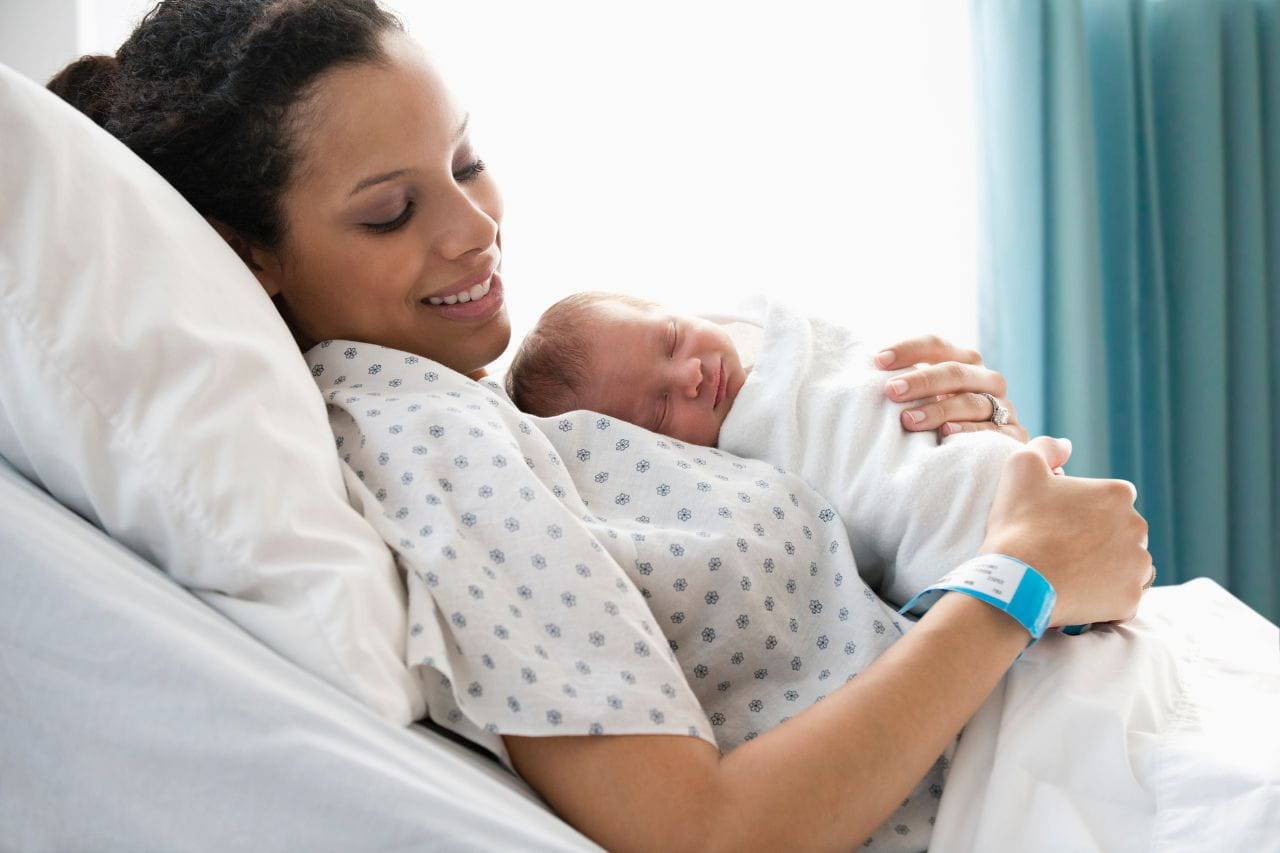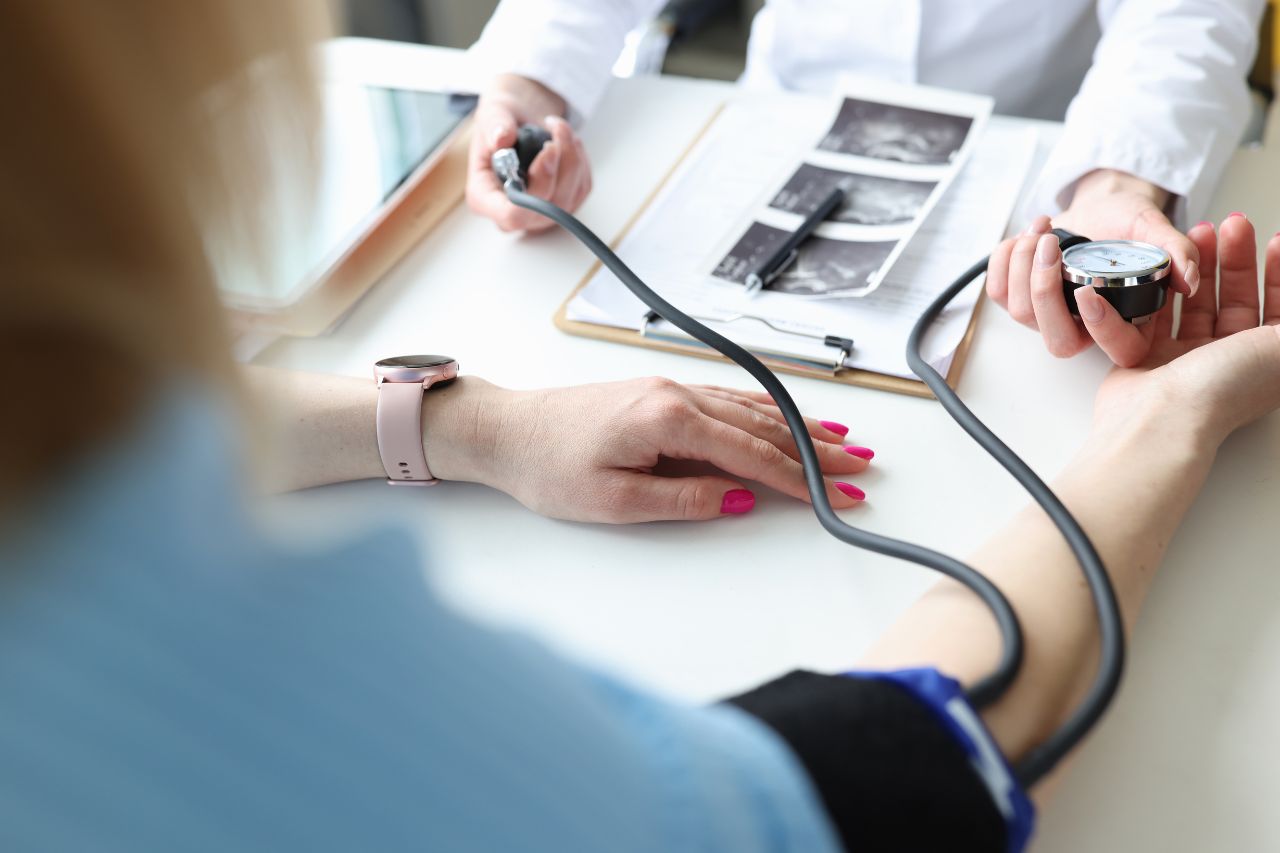Pelvic Floor Complications After Childbirth

Your pelvic floor is made up of muscles that cross the body from front to back and side to side. They support organs like the uterus, bladder, and rectum and stabilize the spine and pelvic girdle. In addition, the muscles play a role in opening and closing the vagina, urethra, and anus and help optimize circulation in the lower half of the body.
Carrying and giving birth to a child can affect the pelvic floor in different ways and cause various undesirable symptoms. Fortunately, there are treatments for pelvic floor issues that can arise after childbirth.
Although these symptoms are common, you should talk with your doctor about them.
When you see your doctor, they’ll ask you about your symptoms and perform a physical exam. They may also order or conduct tests like a pelvic exam and urinalysis to get more details on the type and degree of dysfunction. Then, they can recommend treatment.
Carrying and giving birth to a child can affect the pelvic floor in different ways and cause various undesirable symptoms. Fortunately, there are treatments for pelvic floor issues that can arise after childbirth.
Symptoms of Post-Childbirth Pelvic Floor Problems
Mothers are affected differently by childbirth, but pelvic floor complications include:
- Urinary or fecal incontinence
- Flatulence
- Pressure in the perineal area
- Pelvic organ prolapse
- Pain in the lower back
- Sustained constipation
- Trouble passing even soft stools
- Pain during sex
- Diastasis recti (separation of the abdominal muscles)
- Pain at the vaginal opening
- General pelvic pain
Common Concerns After Childbirth
Of the symptoms above, three of the most common concerns caused by pelvic floor issues are incontinence, pain with sex, and pelvic organ prolapse.Incontinence
Urinary and bowel issues often occur after childbirth. Many women experience urine leakage, urgency, inability to empty the bladder, pain, and infection due to pelvic floor problems. Fecal incontinence and the inability to control gas are also common and frustrating issues after delivery. And on the flip side, constipation causes its own problems.Pain with sex
Childbirth and pelvic floor complications can also cause discomfort during or after sex. There are many reasons, including ongoing hormonal fluctuations, vaginal dryness, thinner tissue in the vaginal area, and the effect of childbirth on muscles and nerves. Tearing during birth and subsequent scarring can also be a factor.Pelvic organ prolapse (POP)
This condition is when weakened pelvic floor muscles allow organs like the bladder or rectum to bulge into the vagina. It can cause pressure in the vagina, a dull ache in the pelvis, or other discomfort.Although these symptoms are common, you should talk with your doctor about them.
How Are Postpartum Pelvic Floor Complications Diagnosed?
If you have symptoms of pelvic floor complications after giving birth, you should contact your doctor. They may recommend waiting until 4 to 6 weeks after delivery before assessing or addressing any issues.When you see your doctor, they’ll ask you about your symptoms and perform a physical exam. They may also order or conduct tests like a pelvic exam and urinalysis to get more details on the type and degree of dysfunction. Then, they can recommend treatment.
Treatments for Postpartum Pelvic Floor Complications
Treatment for issues affecting the pelvic floor is often directed by a pelvic floor physical therapist. They provide guidance on practices like:
- Exercises for strengthening or relaxing pelvic floor muscles as needed for your condition
- Body awareness to help improve posture and movement
- Behavior modifications that can help minimize urinary or fecal incontinence
- Breathing techniques that can help reduce symptoms
- Exercises like Kegels that specifically address urinary incontinence
- Biofeedback to stimulate desired muscular responses
While it may take several weeks or months after delivery for the challenges you face to be clear, you should talk with your doctor sooner if your symptoms are severe and impacting your quality of life.
Either way, it’s important to know that postpartum pelvic floor complications aren’t issues you “just have to live with.” They are treatable conditions that can and should be addressed for your comfort and to prevent other issues later.
Preventing Pelvic Floor Complications
You can take actions to improve the health and tone of your pelvic floor and reduce the risk of complications before you give birth, including:- Doing Kegels
- Eating a healthy diet to prevent constipation and straining of the pelvic floor muscles
- Avoiding lifting heavy objects
- Not smoking



